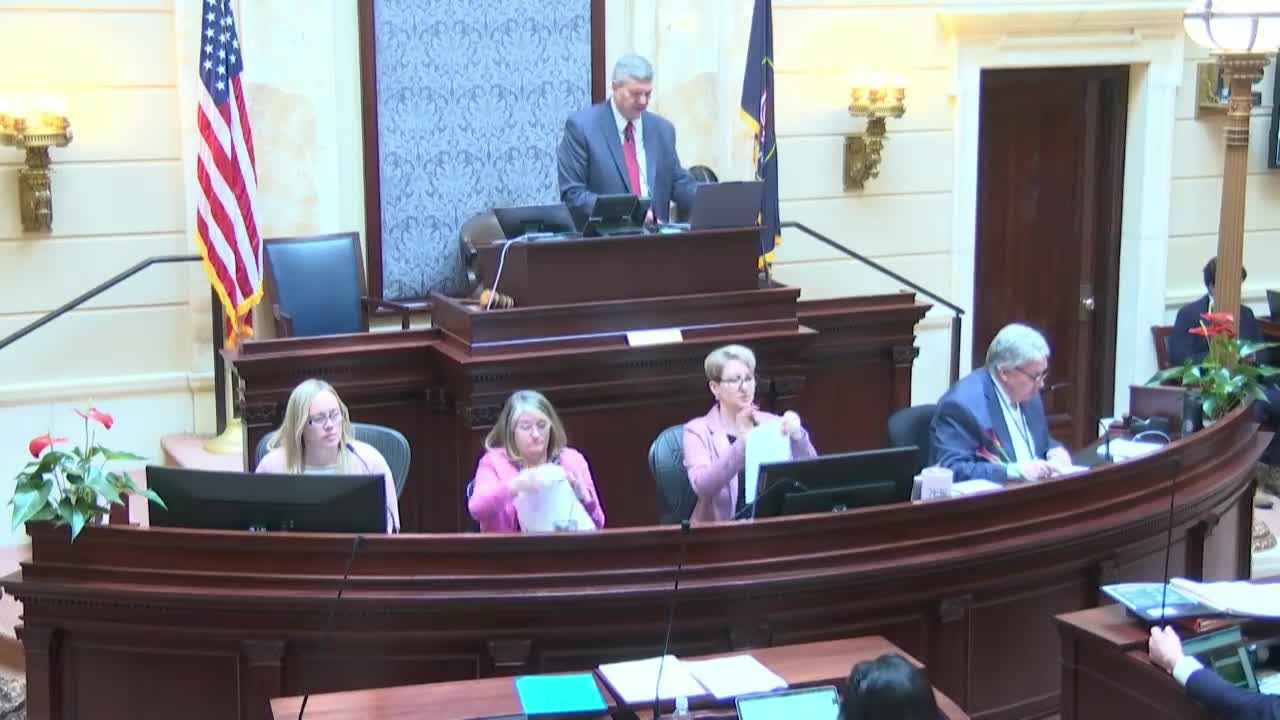Article not found
This article is no longer available. But don't worry—we've gathered other articles that discuss the same topic.
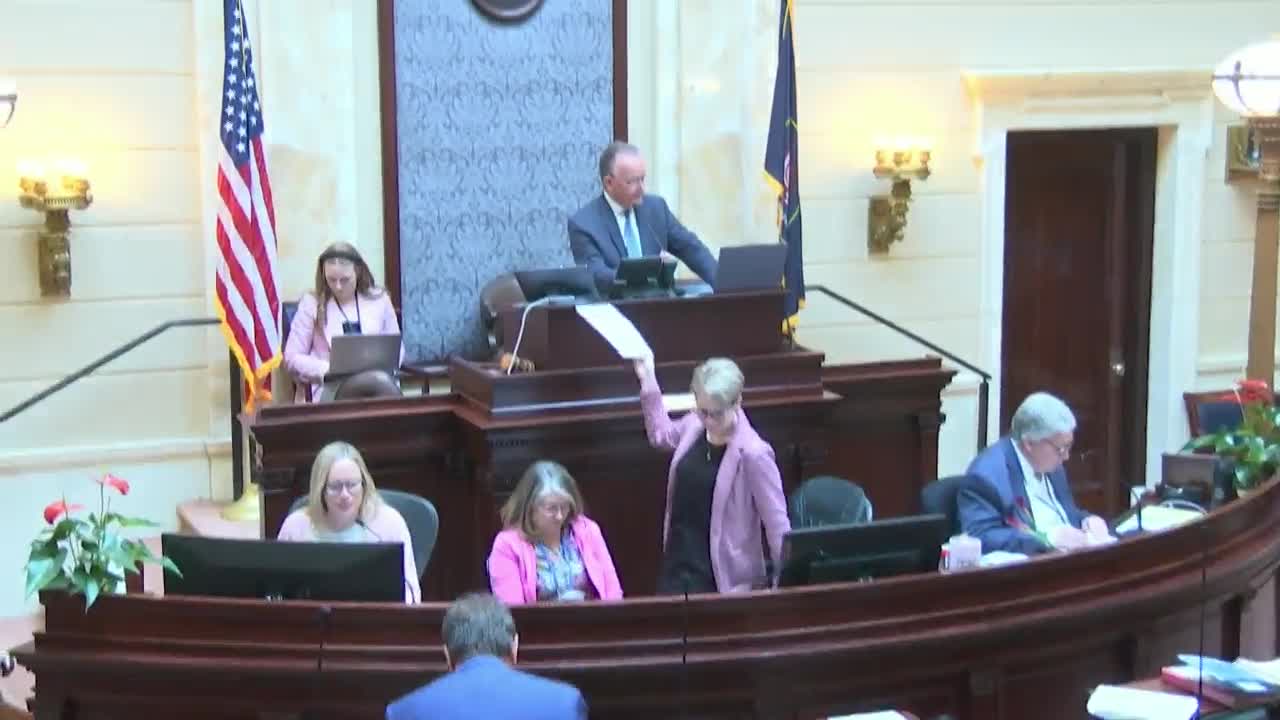
Senate roundup: votes at a glance from today’s session
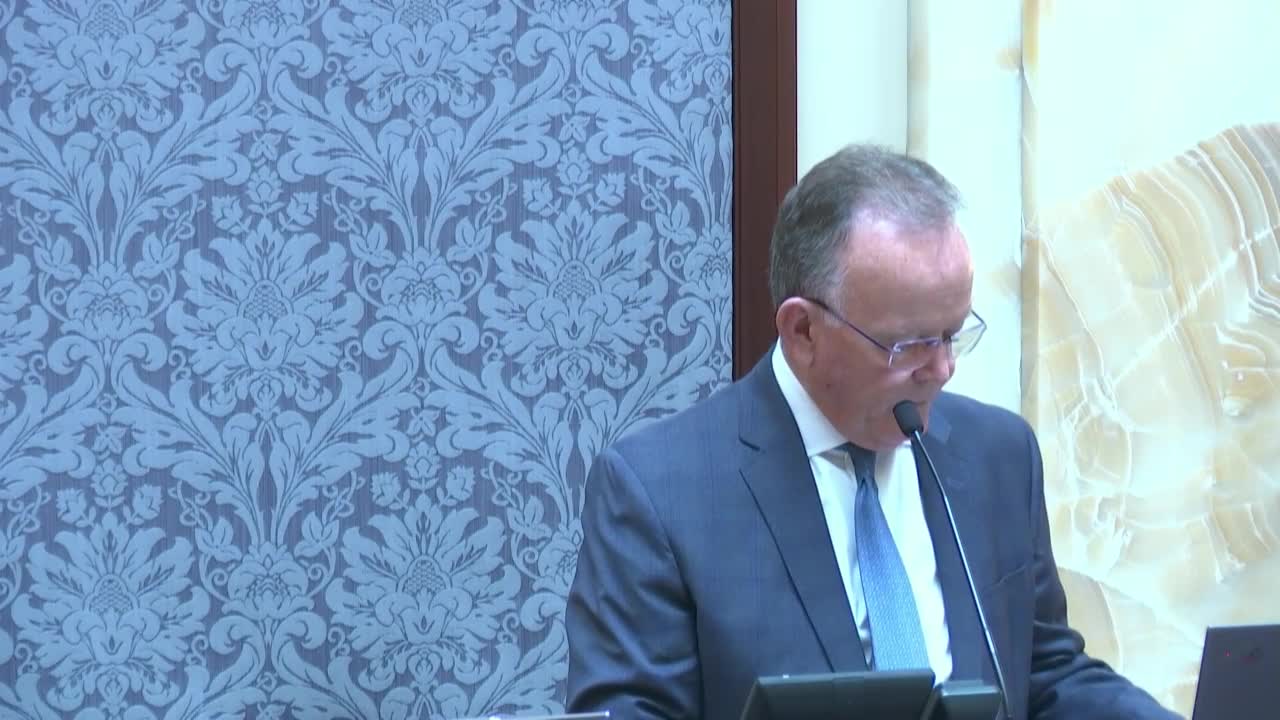
Senate adopts substitute creating review process for alleged prosecutorial misconduct
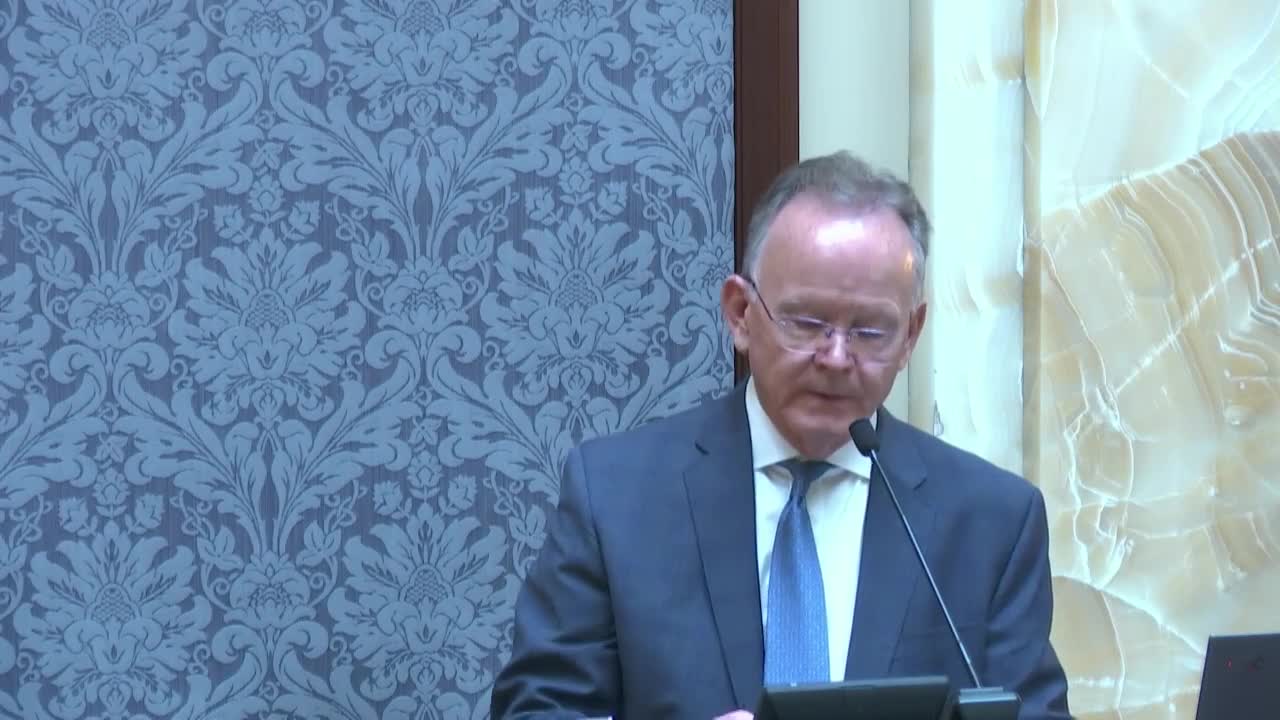
Senate approves limited loan assistance for properties near homeless services centers
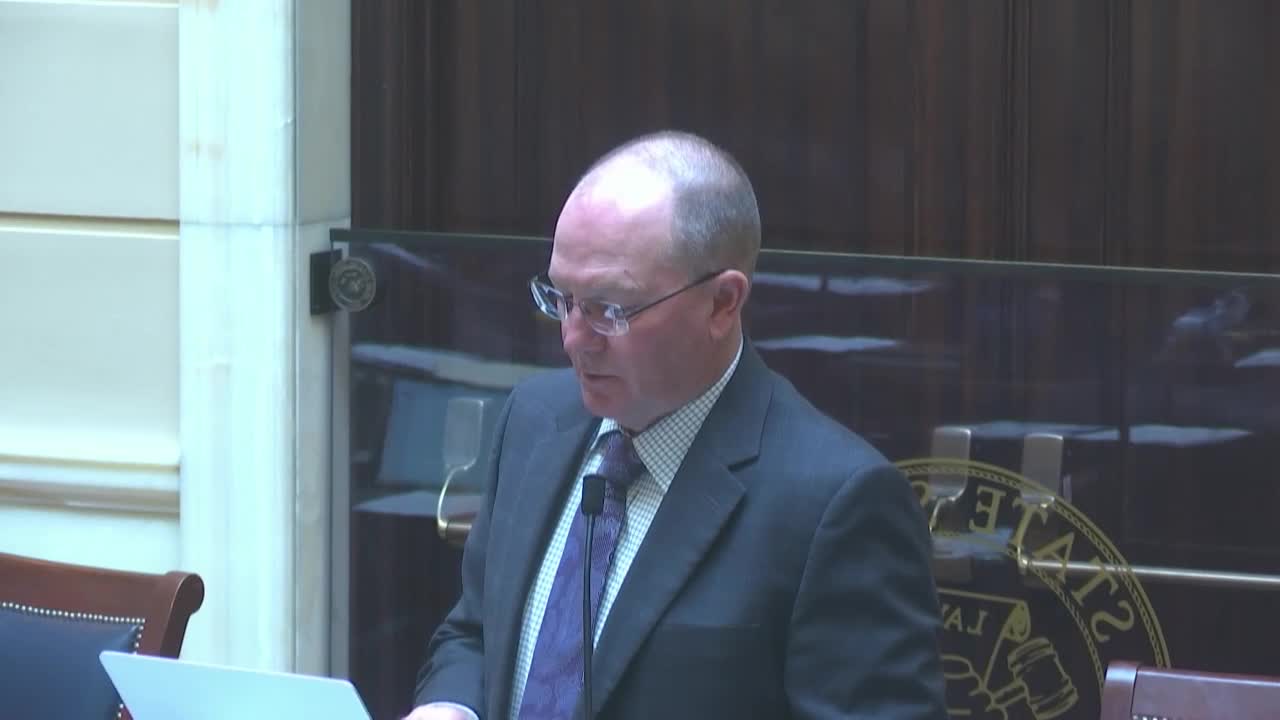
Senate approves framework to let large electricity users contract outside regulated monopoly; Public Service Commission to allocate transmission costs
